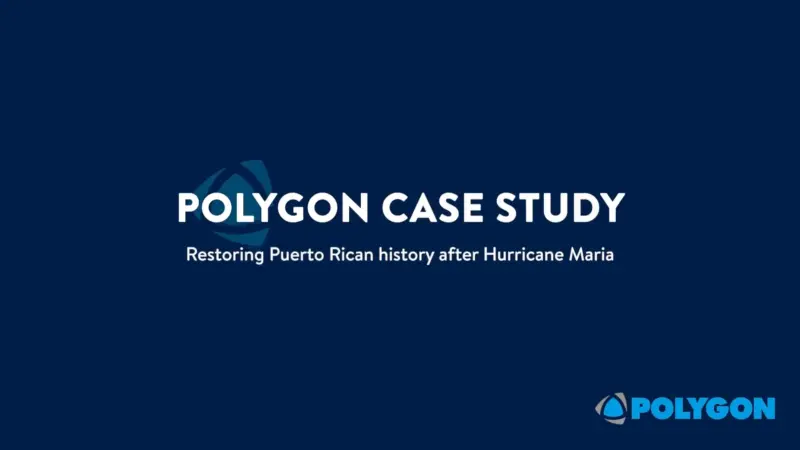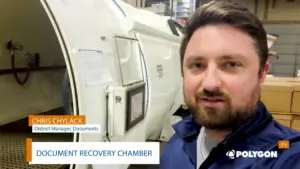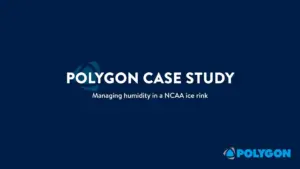Off-Line Boiler Corrosion Protection Options
Seven Ways to Prevent Damage
When a boiler is shut down and removed from service, oxygen intrusion occurs as the boiler cools. This dissolved oxygen can cause a rapid pitting attack and metal failure. The potential for oxygen corrosion is particularly high in multiple boiler systems where the boilers are rotated or left off-line for extended periods of time. Unless very high levels of oxygen scavenger are present and the boiler water remains well mixed while off-line, severe corrosion can occur.
Options for Off-line Boiler Protection
There are several options available for protecting an off-line boiler from corrosion:
- Feed System: Configure a separate feed system for supplemental feed of sulfite oxygen scavenger and alkalinity chemicals to the off-line boilers. This is a manual operation, requiring frequent testing and the ability to turn the pump on and off to keep the boiler water sulfite level >100 ppm and P-Alkalinity level >400 ppm. In plants with limited maintenance personnel, this can be a cumbersome process.
- Frequent Boiler Rotation: Before a boiler is taken off-line, increase the sulfite level to >100 ppm. If the boilers are rotated frequently enough, the sulfite residual may not decrease to minimal levels. In this scenario, boiler sulfite levels must not be allowed to drop below normal minimum limits or pitting can occur. This method also requires frequent testing and the ability to change over equipment. If boilers are on standby for extended periods, rotation will no longer be effective.
- Wet Storage: Wet storage of off-line boilers involves installing a supplemental feed system for the manual addition of sulfite and alkalinity builder. The boiler should be completely filled with treated water until the water level is higher than the top of the sight glass with blowdown lines closed. The steam header valve on stored boilers should also be closed to prevent boiler water from entering the steam header and to prevent condensation from leaking and diluting the chemical levels. In plants that need a rapid response in the event that the main boiler shuts down, wet storage has advantages. The stored boiler must be drained to the normal water level and steam header opened before firing.
- Dry Storage – Desiccant: Off-line boilers are opened and desiccant is added on trays setting on the rows of boiler tubes to maintain dry conditions throughout the boiler. In addition, the fireside has to be kept dry. This technique can be done when the boiler is seasonally shut down or left off-line for periods of one year or more. It also has obvious disadvantages if the boiler needs to be put online quickly.
- Dry Storage – Vapor Phase Corrosion Inhibitors: Vapor phase corrosion inhibitors can also be used for off-line boiler protection during dry storage: simply place the package inside the cooled, drained boiler and slit the package open. It will vaporize inside the boiler and coat the tubes. The bag is water-soluble so it does not need to be removed.
- Dry Storage – Nitrogen Blanket: Another option is to put a nitrogen blanket on the off-line boiler by adding nitrogen gas from a pressurized gas cylinder. By maintaining a positive pressure of nitrogen, air is prevented from entering the boiler.
- Cascading Blowdown: This technique uses treated boiler water from the on-line, firing boiler to help provide needed corrosion protection in the off-line boilers. Since the water from the operating boiler is already treated, there is little or no need (or additional treatment cost) for supplemental feed systems required to accomplish this. For cascading blowdown to work properly, there must be enough heated and treated blowdown available to keep the off-line boilers flooded with hot blowdown. The surface blowdown line from each boiler is piped so it enters the bottom blowdown lines or a side entry point located in the bottom half of the boiler shell on each boiler. Ideally, one wants the hot blowdown water to enter near the bottom at one end of the boiler and exit at the top at the opposite end for best distribution of the sulfite and other treatment chemicals.
To learn more about protecting your off-line boilers from corrosion, contact Chem-Aqua today!
Read more at chemaqua.com








